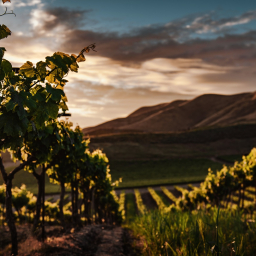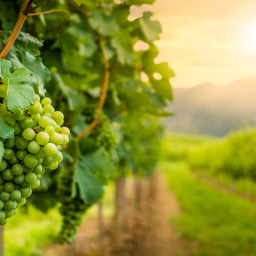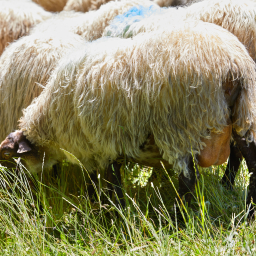NEW
AGENDA: NEIKER organises a Summer School Course on the role of livestock farming in a time of global change
25 June 2021AGENDA
NEIKER organises a Summer School Course at UPV/EHU on the role of livestock farming in a time of global change
- It will be held online on 1 and 2 July
- The course will show different strategies to mitigate the environmental impact of livestock farming and improve the sustainability of animal-based food production and consumption
The livestock farming industry of the Basque Country is going through a tough time in the context of global change demanding more sustainable production. On the one hand, people argue that farming systems are responsible for a significant portion of greenhouse gas emissions, mainly enteric methane emissions from ruminant animals. On the other, animal-based food consumption is constraining the profitability and sustainability of many farming operations. We cannot forget the fundamental role pasture systems play in creating a number of services for the ecosystem and their contributions to the common good.
In order to offer the livestock industry more sustainable strategies, from NEIKER we worked with the University of the Basque Country to create the online course “The Role of Livestock Farming in a Context of Global Change: Challenges and Outlooks” which will take place on 1 and 2 July as part of UPV/EHU summer school.
In the two days of the course, a number of different topics will be discussed including greenhouse gas emissions, regenerative grazing management strategies, slurry management strategies, feed strategies designed to mitigate and even neutralise climate change, the benefits of grazing systems for the environment, and designing policies to improve sustainability. Livestock farmers will provide first-hand testimonials and the leaders of innovative initiatives will discuss their work.
The man responsible for this initiative, Roberto J. Ruiz Santos, head of NEIKER’s Animal Production Department, said, “this course is a great opportunity to learn about all the different ways livestock farming can contribute to global change, as well as the different innovative strategies allowing us to mitigate the environmental impact of livestock farming and even have positive effects”. Some animal-based food consumption trends and their potential to improve the sustainability of livestock farming systems and consumer health will also be discussed. This is particularly of interest to industry professionals and the general public.
The course touches on three of the Sustainable Development Goals set by the UN in its 2030 Agenda: responsible production and consumption, climate action and life on land.
This summer school course on new outlooks for agricultural production will be held live on ZOOM. Anyone interested in attending should take a look at the full programme and register via this link.






